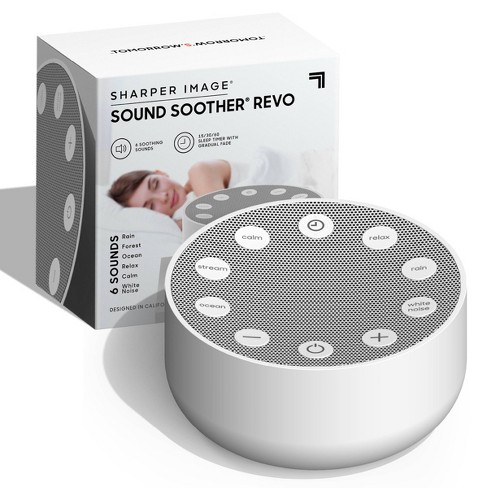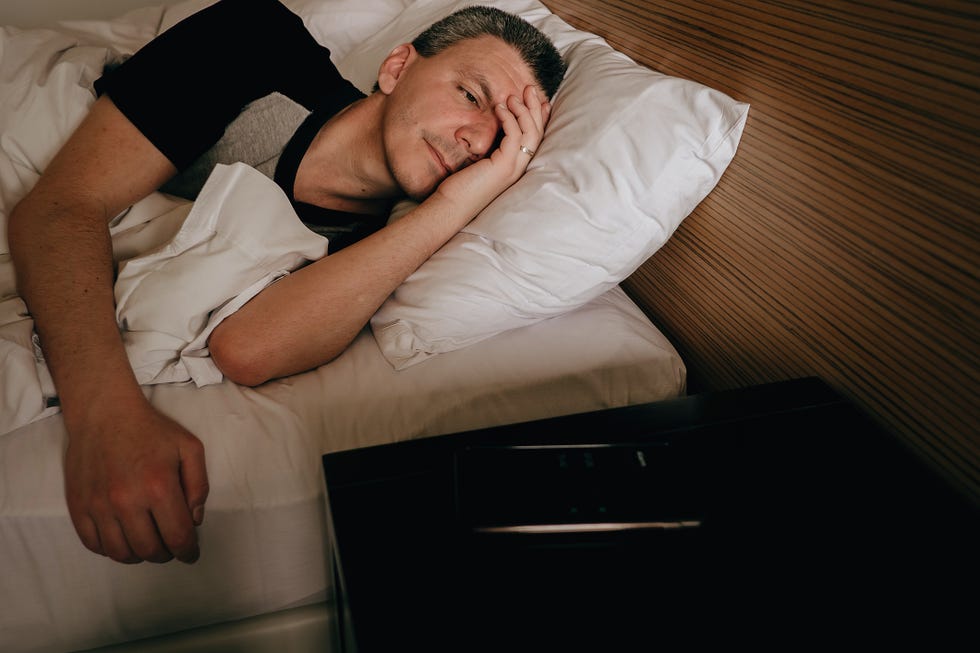Specialist Insomnia Counseling - Get Expert Advice
Specialist Insomnia Counseling - Get Expert Advice
Blog Article
Efficient Treatment Solutions for Taking Care Of Rest Disorders and Enhancing Relaxing Sleep
In the world of healthcare, the monitoring of sleep conditions and the quest for relaxed sleep are critical parts of overall well-being. As we navigate the intricate landscape of rest problems and seek to boost our sleep experience, a deeper understanding of these treatment remedies may hold the secret to opening a more refreshing and fulfilling corrective trip.
Cognitive Behavior Therapy for Insomnia (CBT-I)
Cognitive Behavioral Therapy for Sleeping Disorders (CBT-I) is a structured, evidence-based treatment method that concentrates on attending to the hidden variables adding to sleep disturbances. This type of therapy intends to change actions and ideas that worsen sleep problems, ultimately promoting healthy rest patterns. CBT-I normally includes numerous key components, consisting of cognitive treatment, sleep constraint, stimulus control, and rest hygiene education and learning.
Cognitive therapy aids people recognize and alter adverse idea patterns and beliefs concerning sleep that might be impeding their ability to drop or stay asleep. Sleep limitation includes restricting the amount of time spent in bed to match the person's real sleep duration, therefore enhancing sleep performance (cognitive behavioral therapy for insomnia (CBT-I)). Stimulus control methods help develop a solid organization between the bed and rest by encouraging individuals to head to bed just when drowsy and to stay clear of participating in stimulating tasks in bed
In addition, sleep health education concentrates on establishing healthy rest behaviors, such as maintaining a consistent sleep routine, creating a relaxing going to bed routine, and enhancing the sleep environment. By addressing these factors comprehensively, CBT-I supplies an efficient non-pharmacological treatment for taking care of insomnia and boosting general rest top quality.
Rest Hygiene Practices
Having actually established the structure of cognitive restructuring and behavior modifications in attending to sleep problems with Cognitive Behavioral Treatment for Sleeplessness (CBT-I), the focus currently shifts in the direction of checking out necessary Sleep Health Practices for maintaining optimal sleep top quality and overall well-being.
Rest hygiene techniques include a variety of behaviors and environmental variables that can dramatically affect one's ability to sleep and stay asleep throughout the night. Constant rest and wake times, creating a relaxing going to bed regimen, and enhancing the sleep atmosphere by maintaining it dark, peaceful, and cool are important parts of good sleep hygiene. Restricting direct exposure to screens before bedtime, preventing energizers like caffeine close to going to bed, and participating in normal physical activity throughout the day can additionally advertise better sleep top quality.
Furthermore, exercising relaxation methods such as deep breathing exercises or meditation before bed can aid relax the mind and prepare the body for sleep. By including these rest hygiene practices right into one's daily regimen, people can establish a healthy and balanced rest pattern that supports restful sleep and overall health.
Leisure Methods and Mindfulness
Carrying out relaxation techniques and mindfulness practices can play an essential role in promoting a sense of tranquility and promoting quality rest. Furthermore, assisted imagery can aid move individuals to a calm place in their minds, assisting in tension decrease and boosting sleep quality.
By incorporating these practices into a bedtime regimen, people can signify to their bodies that it is time to prepare and take a break for rest. Generally, incorporating relaxation techniques and my explanation mindfulness practices can considerably add to handling sleep problems and enhancing total rest high quality.

Medication Options for Sleep Disorders
After discovering relaxation strategies and mindfulness practices as non-pharmacological interventions for enhancing rest high quality, it is vital to consider medication choices for individuals with click over here now sleep problems. In cases where way of living modifications and therapy do not give enough relief, medication can be an important tool in taking care of sleep disturbances.
Frequently recommended drugs for rest disorders consist of benzodiazepines, non-benzodiazepine hypnotics, antidepressants, and melatonin receptor agonists. Benzodiazepines, such as diazepam, are sedatives that can aid induce sleep, but they are usually advised for short-term usage as a result of the risk of dependancy. Non-benzodiazepine hypnotics like zolpidem are also used to treat sleeping disorders and have a reduced risk of dependence contrasted to benzodiazepines. Antidepressants, such as trazodone, can be beneficial for individuals with co-occurring clinical depression and rest disturbances. Melatonin receptor agonists, like ramelteon, target the body's natural sleep-wake cycle and can be handy for controling rest patterns.
It is essential for individuals to talk to a doctor to establish one of the most proper medicine alternative based on useful site their particular sleep problem and medical history.
Light Treatment for Body Clock Guideline
Light treatment, likewise called photo-therapy, is a non-invasive treatment method made use of to control circadian rhythms and boost sleep-wake cycles. This treatment includes exposure to brilliant light that mimics natural sunshine, which helps to reset the body's body clock. By exposing people to particular wavelengths of light, normally in the morning or night depending on the wanted impact, light treatment can effectively readjust the circadian rhythm to promote wakefulness throughout the day and enhance restful rest at night.
Research study has actually shown that light therapy can be specifically useful for people with body clock conditions, such as delayed sleep phase disorder or jet lag. It can also be practical for those experiencing seasonal depression (SAD), a sort of depression that typically occurs during the cold weather when natural light direct exposure is minimized. Light therapy is normally well-tolerated and can be made use of together with various other treatment techniques for sleep disorders to enhance end results and boost overall rest high quality.
Verdict
Finally, effective therapy options for taking care of rest disorders and improving relaxing sleep consist of Cognitive Behavior modification for Sleeplessness (CBT-I), rest health methods, relaxation methods and mindfulness, medicine choices, and light therapy for body clock guideline. These methods can aid people improve their sleep quality and overall health. It is essential to seek advice from a healthcare copyright to establish the most ideal technique for dealing with sleep issues.
As we navigate the detailed landscape of rest conditions and look for to improve our sleep experience, a much deeper understanding of these treatment services may hold the trick to unlocking a more relaxing and satisfying corrective journey.
Rest restriction involves restricting the amount of time invested in bed to match the individual's actual rest period, consequently increasing rest effectiveness. Constant sleep and wake times, creating a relaxing going to bed routine, and optimizing the rest atmosphere by keeping it dark, quiet, and cool are essential components of great sleep health. Light therapy is generally well-tolerated and can be utilized in conjunction with various other treatment approaches for sleep disorders to maximize results and improve overall rest high quality.

Report this page